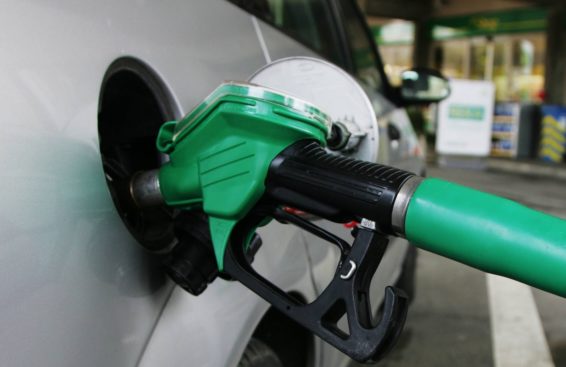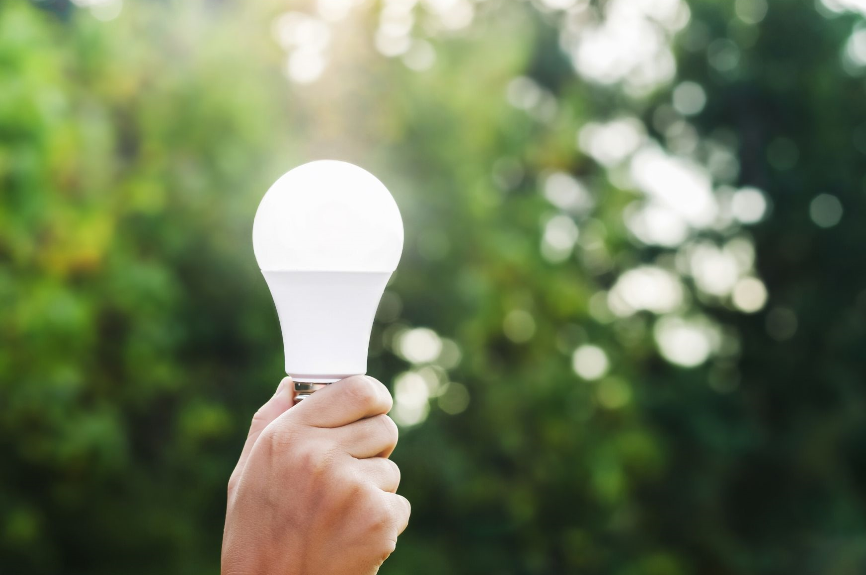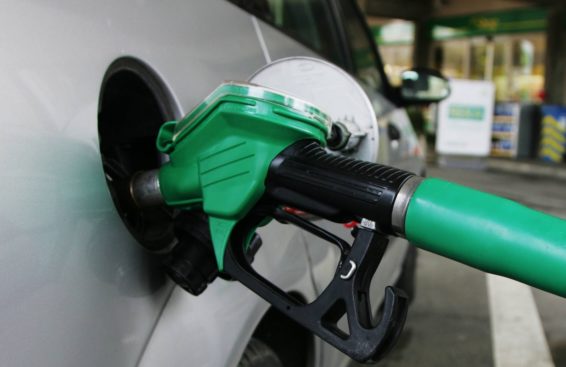
PPMC increases petrol price to N151.56 per litre
The Petroleum Products Marketing Company (PPMC) has increased the ex-depot price of petrol from N138.62 to N151.56 per litre.

The Petroleum Products Marketing Company (PPMC) has increased the ex-depot price of petrol from N138.62 to N151.56 per litre.

We need to open up the market for investments. We have talked about this for too long and fortunately, Nigeria is strategically positioned to even become a hub for gas in Africa. Even if we don’t do the entire Africa, we can start along the corridors within the Gulf of Guinea and to take the gas outside to the world but we need to open up domestically across the value chain from here into the West African region.

The Minister of Mines and Steel Development, Olamilekan Adegbite, stated on Monday that
Nigeria spends about $3.3bn every year on the importation of metals.

NERC explained in a media statement that “under these service-based principles Discos will only be able to review tariff rates for customers when they consult with customers, commit to increasing the number of hours of supply per day and quality of service. In all cases poor and vulnerable Nigerians will not experience any increase.”

Documents obtained from the Federal Ministry of Petroleum Resources in Abuja on Friday stated that the Committee on National Gas Expansion Programme had been assigned to ensure the effective implementation and take off of this initiative.

The announcement was made on Thursday, August 27, 2020 by the Board of Governors of the Bank. As the newly re-elected President, Dr Adesina will begin his new term on September 1, 2020.

It was gathered on Tuesday that the Minister of State for Petroleum Resources, Chief Timipre Sylva, who gave the directive in Abuja, had already submitted all his vehicles to be converted to run on gas, as opposed to petrol.

Changes forced by Covid-19 may mean the global energy mix has permanently shifted in favour of lower-carbon fuels—if governments decide to support the progress, says Engie’s Laurent Nery

In ACORE’s new analysis, Expectations for Renewable Energy Finance in 2020-2023, both investors and developers reported confidence in the continued growth of the renewable energy sector over the next three years.
Based on figures from World Bank, the Nigerian economy annually loses as much as US $29 billion to power disturbances across its various sectors of its activities.